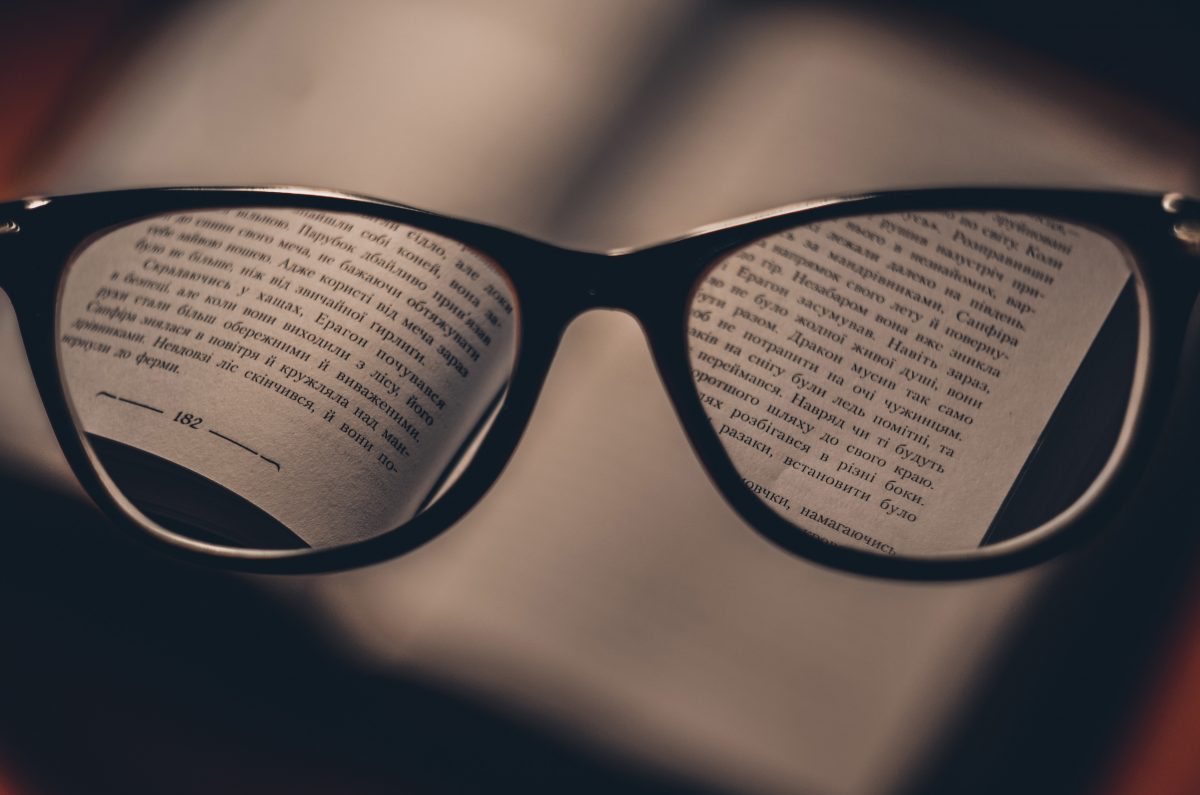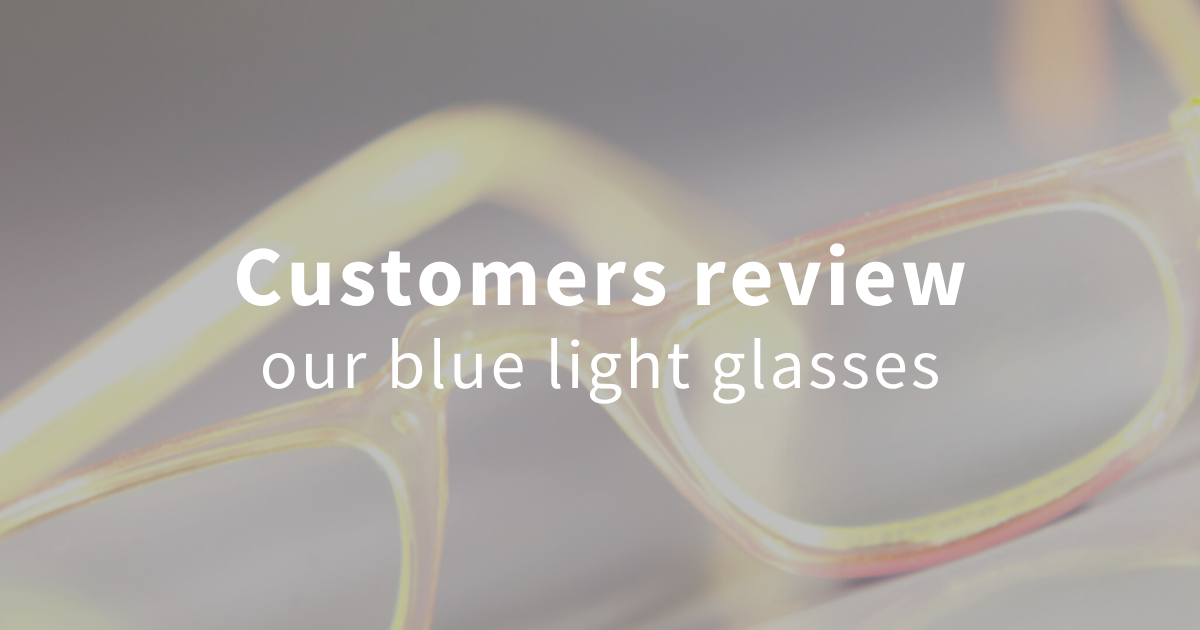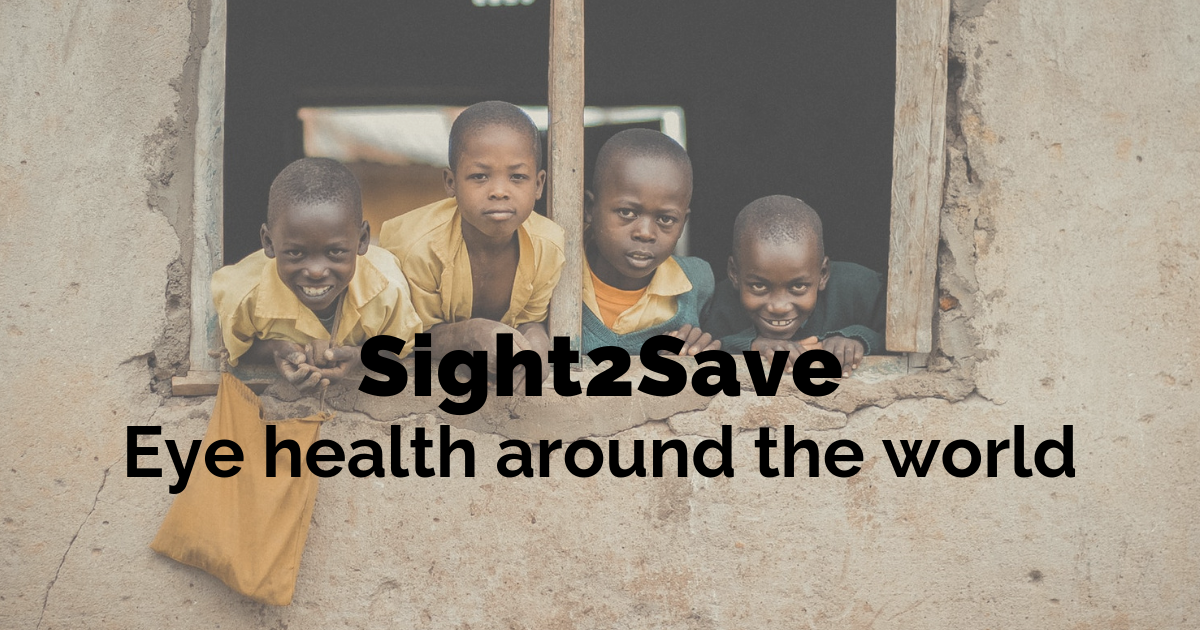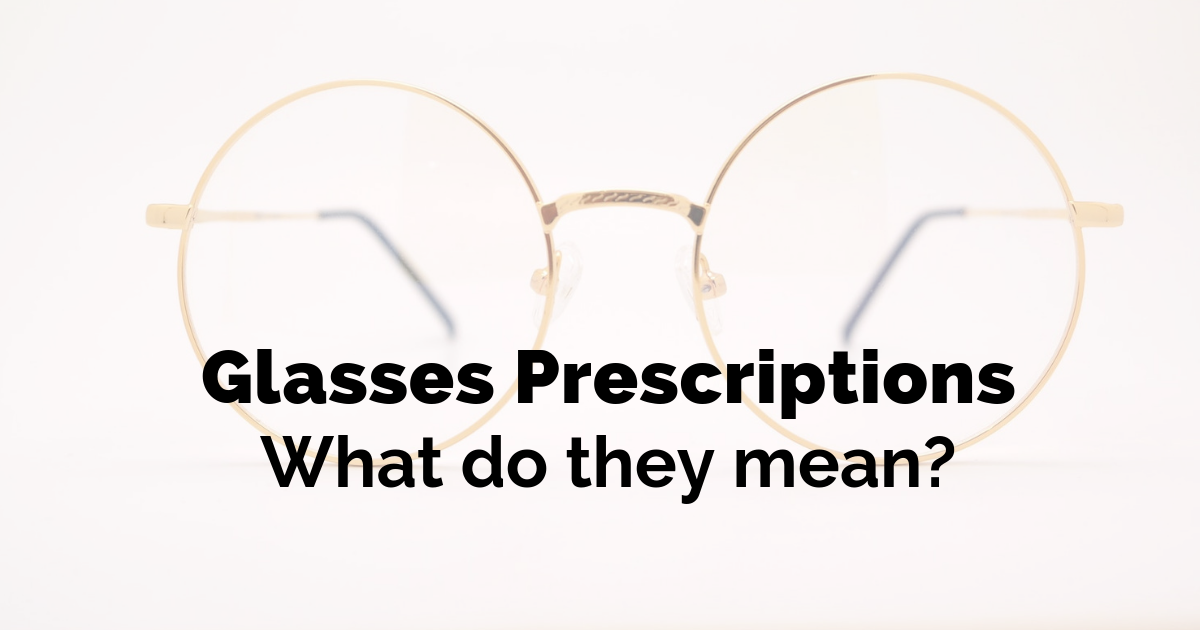The relationship between wearing glasses and the health of your eyes has long been a topic of debate and misconception. Many people wonder if relying on corrective lenses can worsen their eyesight or if wearing glasses actually improves vision. I personally remember this as kid as some of my friend’s waiting with getting glasses as their parents told them that if they started wearing glasses already then they would need hockey pucks as glasses when when they turn 40. Let’s delve into these questions to uncover the facts behind these common concerns.
Is Your Eyesight Worsen by Using Glasses?
The short answer is no, wearing prescription glasses does not make your eyesight worse. In fact, glasses are designed to correct refractive errors such as nearsightedness (myopia), farsightedness (hyperopia), astigmatism, and presbyopia. These conditions occur due to irregularities in the shape of the eye or the aging process, leading to difficulty in focusing light onto the retina properly.
By wearing glasses with the appropriate prescription, you are providing your eyes with the precise optical correction they need to see clearly at various distances. Failing to wear glasses when prescribed can strain your eyes and lead to discomfort, but wearing them as recommended does not cause further deterioration of your eyesight.
Why Does It Seem Like Your Eyesight Is Getting Worse After Wearing Glasses?
Sometimes, individuals may perceive their eyesight as worsening after initially wearing glasses. This phenomenon can occur due to a few reasons:
- Adapting to Clarity: When you first start wearing glasses, your eyes may need time to adjust to the newfound clarity. Your brain is accustomed to compensating for blurred vision, so seeing objects sharply may feel different initially.
- Prescription Changes: If you experience changes in your prescription over time, such as during periods of growth (in younger individuals) or due to aging, it may seem like your eyesight is getting worse. In reality, this indicates the need for an updated prescription to maintain optimal vision correction.
- Age-Related Changes: As we age, the flexibility of the eye’s lens decreases, leading to presbyopia (difficulty focusing on close objects). Transitioning to bifocals or progressive lenses can cause an adjustment period but ultimately improves vision for both near and distant tasks.
Does Wearing Glasses Improve Eyesight?
Wearing glasses with the correct prescription undoubtedly improves eyesight. By providing the necessary optical correction, glasses help to focus light precisely onto the retina, enhancing clarity and sharpness of vision. Whether you require glasses for distance, reading, or both, wearing them as prescribed can significantly improve your visual acuity and overall quality of life.
The TLDR Conclusion About Wearing Glasses
In conclusion, wearing glasses does not make your eyesight worse; rather, it provides essential correction for refractive errors, improving vision clarity and comfort. Any perceived changes in eyesight after starting to wear glasses are often part of the adjustment process or indicate the need for an updated prescription. Regular eye exams with an optometrist or ophthalmologist ensure that your glasses remain effective in maintaining optimal visual acuity. Embracing corrective lenses when needed can lead to a clearer, more enjoyable view of the world around you while safeguarding the health of your eyes.
If you are on the edge of deciding whether to start using glasses, we recommend getting your eyesight checked and then coming back to us at Arlo Wolf and take advantage of our “try glasses at home” offer to see which type of glasses looks best on you.

 Eye problems in winter and how to prevent them
Eye problems in winter and how to prevent them Blue light glasses review: do they work?
Blue light glasses review: do they work? Eye health around the world: Introducing Sight 2 Save
Eye health around the world: Introducing Sight 2 Save What does my glasses prescription mean?
What does my glasses prescription mean?